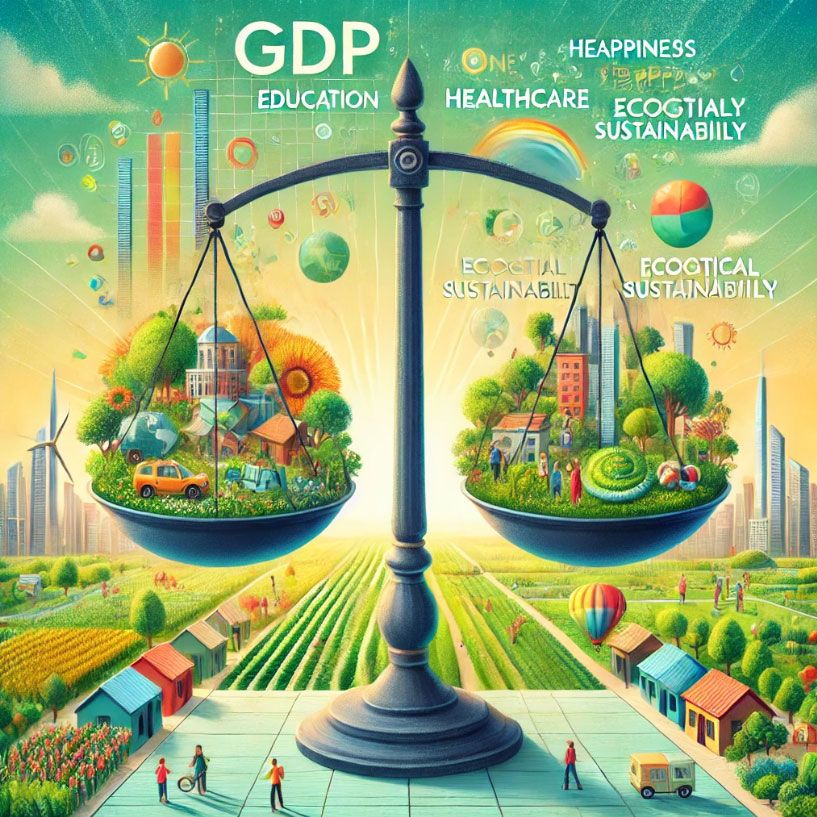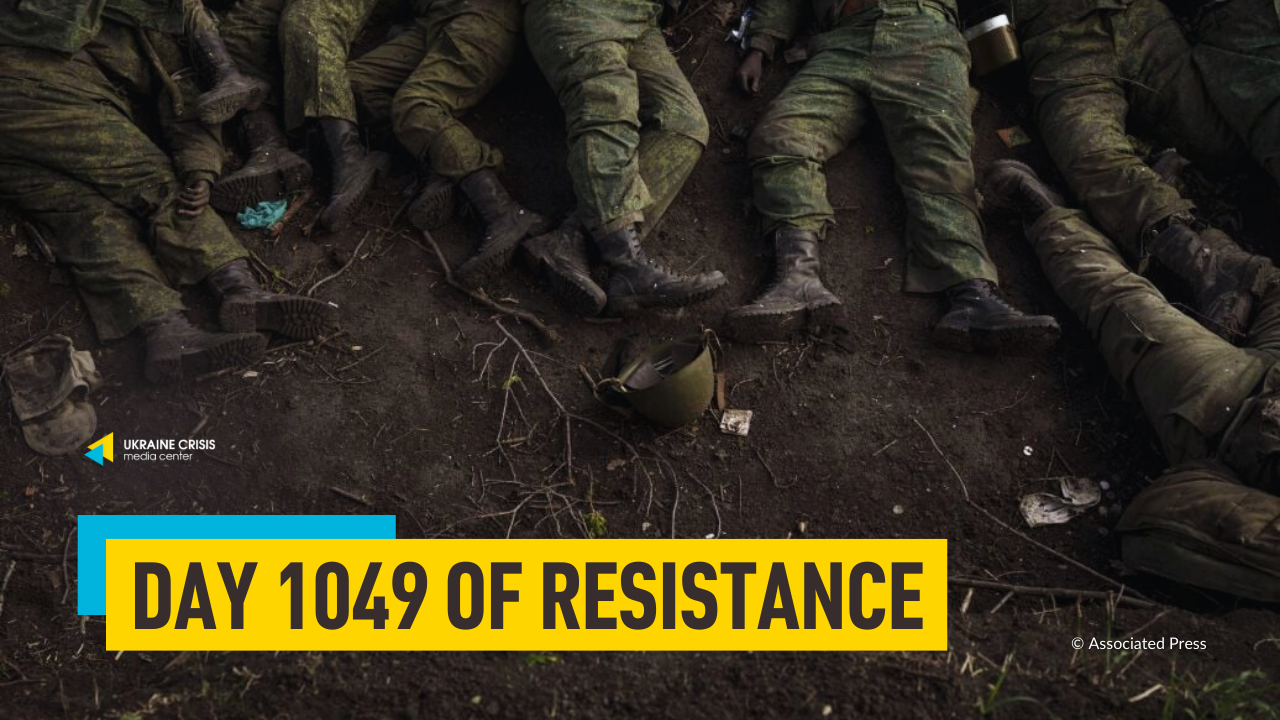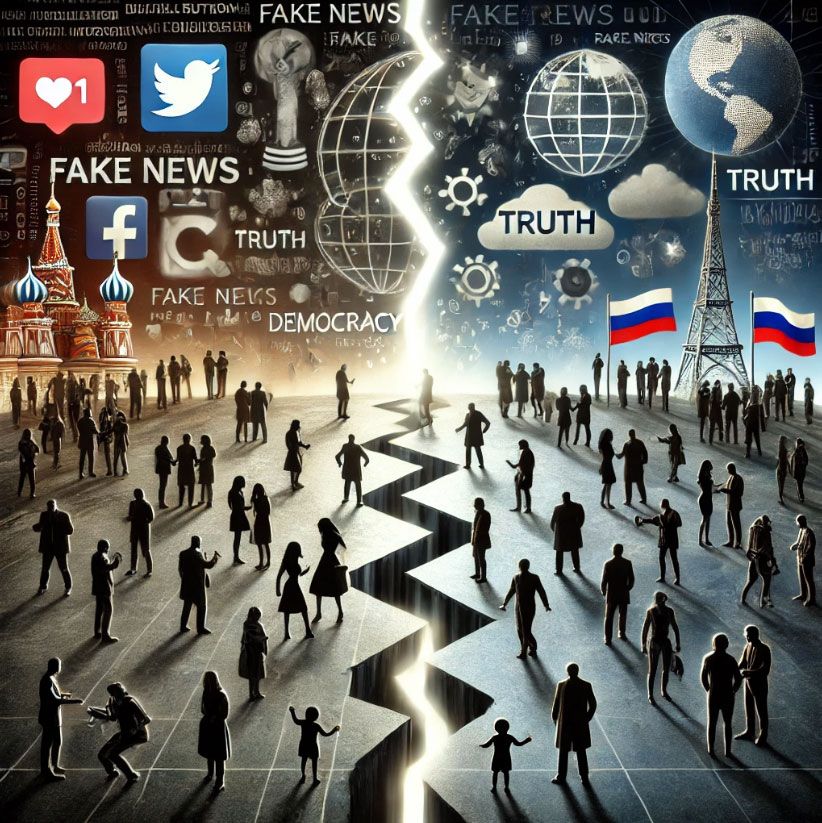I. The Historical Costs of 'Isms': A Legacy of Division and Tragedy
Throughout the 20th century, ideologies such as fascism, communism, and extreme nationalism left a devastating impact on humanity. These systems often began with promises of equality, strength, or national pride but spiraled into authoritarianism, violence, and widespread suffering.
This failure often stems from their reliance on centralized control and the suppression of dissent, which stifles innovation and adaptability while fostering abuses of power.
- Mass Graves of Ideology: Fascism under Adolf Hitler’s Nazi Germany resulted in the Holocaust, which claimed over six million Jewish lives alongside millions of others deemed “unfit” for the Aryan ideal. Stalinist communism, under the guise of equality, orchestrated purges, forced famines, and gulags, killing tens of millions.
- Structural Failures: These systems often failed because they were rigid, dogmatic, and unable to adapt to the complexities of human needs and aspirations. Fascism’s militaristic hierarchy and communism’s suppression of dissent both ignored the diversity of human thought and culture, leading to stagnation and collapse.
- The Role of Propaganda: Propaganda was key to sustaining these regimes. Joseph Goebbels’s Ministry of Propaganda in Nazi Germany and the Soviet Union’s Pravda controlled information to stoke fear and manipulate public perception.
Example: The Khmer Rouge in Cambodia (1975-1979) provides a stark example of ideology’s deadly consequences.
Seeking to create an agrarian utopia, Pol Pot’s regime executed intellectuals, dismantled cities, and forced millions into labor camps, resulting in the deaths of nearly a quarter of the population.
II. Why Cooperation and Social Justice Are Humanity’s True Success Stories
History shows that humanity thrives when societies prioritize cooperation and social justice over rigid ideological frameworks.
- The Case for Cooperation: Archaeological evidence from early human societies, such as the construction of Gobekli Tepe in Turkey, demonstrates that large-scale collaboration predates centralized governments. This contrasts sharply with modern systems of governance, which often prioritize hierarchical control and competition over collaboration. While early societies achieved monumental feats through collective effort, today's governance structures can sometimes hinder such unity by fostering divisions based on political, economic, or ideological lines. Cooperation allowed humans to survive, innovate, and prosper.
- Examples in Action: Post-World War II reconstruction exemplifies the power of cooperative efforts. The Marshall Plan, which provided economic aid to rebuild Europe, was a model of international collaboration, fostering decades of peace and prosperity.
- The Moral Imperative of Equity: Modern societies benefit from policies that reduce inequality. Countries with strong social safety nets, such as Norway and Denmark, consistently rank highest on global happiness and human development indices. For instance, in the 2023 World Happiness Report, Finland, Denmark, and Norway occupied the top three spots, reflecting their commitment to social equity and well-being.
Example: The global response to the COVID-19 pandemic showcased both the potential and the challenges of cooperation. The development of vaccines like those by Pfizer-BioNTech and Moderna demonstrated the power of international scientific collaboration.
However, unequal vaccine distribution highlighted the persistent need for global equity.
III. Redefining Value: What Does It Mean to Live a Good Life?
Our current metrics for success, such as GDP, prioritize economic growth over human well-being. To move forward, we must redefine value in ways that reflect the true needs and aspirations of humanity.
- Beyond GDP: GDP growth often masks inequality and environmental degradation. A thriving society should measure success through metrics like Gross National Happiness, access to healthcare, education, and ecological sustainability.
- New Metrics for Value: The Social Progress Index (SPI) is an example of an alternative framework, assessing a country’s capacity to meet basic human needs, enhance quality of life, and create opportunities for all.
- Philosophical Foundations: Thinkers like John Rawls, with his concept of the “veil of ignorance,” advocate for systems designed to ensure fairness and justice for all, not just the privileged few.
IV. Militant Democracy: Protecting Humanity from Itself
As technology and disinformation campaigns grow more sophisticated, democracies must adopt proactive measures to defend against internal and external threats.
- What Is Militant Democracy? Coined by political theorist Karl Loewenstein, militant democracy refers to a system where democratic governments actively resist anti-democratic forces. For example, post-World War II Germany implemented constitutional safeguards to prevent the resurgence of authoritarianism, including banning Nazi symbols and parties and instituting robust checks on political extremism.
- Technology as a Force Multiplier: AI, surveillance, and social media can be used to manipulate elections and spread disinformation. Regulatory frameworks, such as the EU’s Digital Services Act, aim to curb these abuses.
- Regulating Disinformation: Countries like Germany have implemented strict laws against hate speech and Holocaust denial. Expanding such regulations to combat broader disinformation campaigns is crucial.
Example: During the 2020 U.S. presidential election, disinformation campaigns targeted voters with false narratives about mail-in voting and election integrity.
Platforms like Twitter and Facebook struggled to contain the spread, highlighting the need for stronger oversight.
V. Global Oligarchs and the Vision Deficit
The concentration of wealth in the hands of a few perpetuates inequality and stifles innovation.
- Concentration of Wealth: As of 2023, the richest 1% of the global population owns more than 40% of the world’s wealth (Credit Suisse Global Wealth Report, 2023). This imbalance creates systemic instability.
- The Failure of Vision: Global oligarchs often prioritize short-term profits over long-term sustainability, reviving outdated ideologies to distract from systemic issues.
- A Shared Way Forward: Policies such as progressive taxation, universal basic income, and robust public investments can redistribute wealth and foster societal well-being.
Example: Scandinavian countries demonstrate how progressive taxation and investment in public goods create equitable societies with high standards of living.
VI. Actionable Takeaways: A Roadmap for the Future
- Promote Global Cooperation: Strengthen international institutions like the UN and WTO to prioritize collective goals over nationalistic agendas.
- Redefine Education: Integrate critical thinking, history, and media literacy into curriculums to combat the spread of disinformation.
- Implement Fair Wealth Distribution: Advocate for policies like wealth taxes and universal basic income to ensure economic equity. For instance, Norway’s progressive taxation system funds extensive public services, while pilot programs in Finland and Canada have demonstrated the potential of universal basic income to reduce poverty and improve quality of life.
- Embrace Adaptive Governance: Develop systems capable of evolving alongside technological advancements to protect democratic values.
Conclusion: Humanity’s Choice
The repetition of failed ideologies is not just a historical pattern; it is a symptom of societal stagnation. To secure a brighter future, humanity must transcend these outdated systems and embrace cooperation, equity, and innovation.
By redefining value and protecting against disinformation, we can build a world where the best possible quality of life is a right, not a privilege.
The choice is ours, and the time to act is now.
Sources:
- Rawls, John. A Theory of Justice. Harvard University Press, 1971.
- Social Progress Index. https://www.socialprogress.org/
- EU Digital Services Act. https://digital-strategy.ec.europa.eu/en/policies/digital-services-act
- Piketty, Thomas. Capital in the Twenty-First Century. Harvard University Press, 2014.















